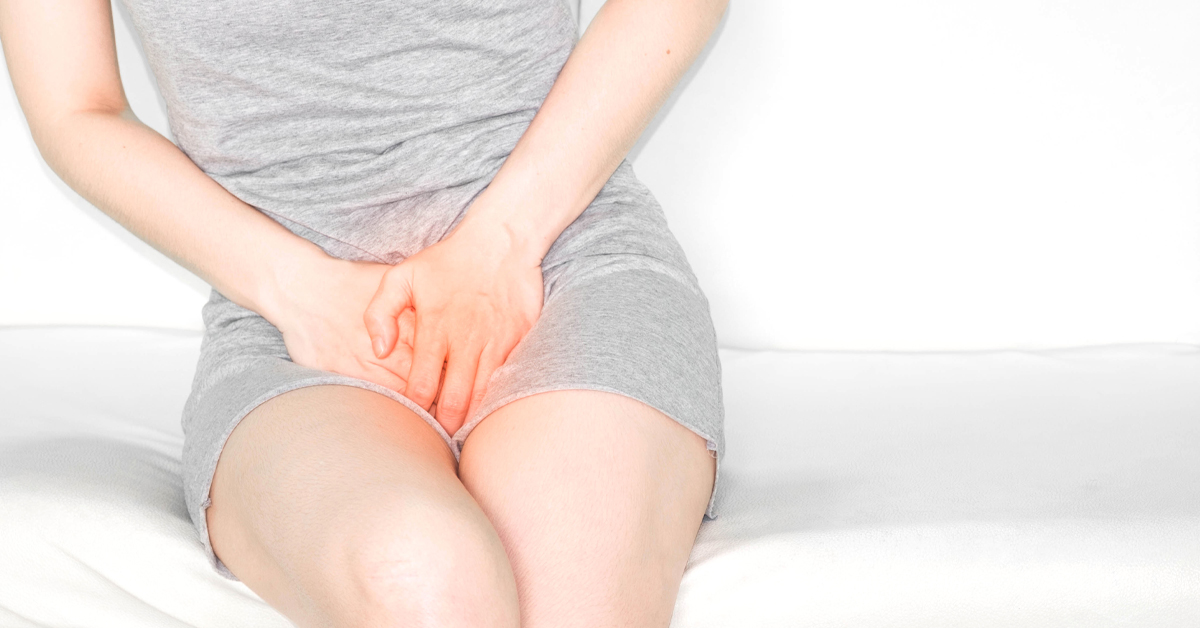
Do you leak a little when you laugh or sneeze? You’re not alone. Over 25 million people have some degree of bladder leakage or incontinence in the U.S. every day. Most don’t mention it to their doctors because they feel embarrassed or write it off as a normal part of aging.
It’s true that urinary incontinence is more common as we age, but it’s not a normal part of aging and it’s definitely not something you have to live with.
Whether you leak in your sleep, only when you laugh or sneeze, or all day – tiny drips or full bladders – your body is letting you know that something isn’t right. Urinary incontinence is a health program, not an aging problem.
Most people with urinary incontinence have a treatable or manageable condition.
What Causes Urinary Incontinence?
Urinary incontinence can have several causes, including medical conditions, physical problems, and habits. Most can be treated with medical care or changes in lifestyle or diet.
Some are caused by problems with abdominal muscle strength and coordination. That’s why it’s more common in women. Pregnancy, childbirth, and menopause affect the bladder and urethra, and the muscles that support them.
Some risk factors that contribute to the development of urinary incontinence include:
- Alzheimer’s Disease
- Arthritis
- Certain foods or drinks
- Constipation
- Enlarged prostate
- Medications with a diuretic effect
- Nerve damage from diabetes or neurological disorders
- Obesity
- Overactive bladder muscles
- Pelvic organ prolapse
- Urinary tract infections
- Vaginal infections
- Weak bladder or pelvic floor muscles
The Personal Cost of Urinary Incontinence
Incontinence can have life-changing adverse effects on a person’s physical and psychological well-being. Physically, constant moisture from incontinence can lead to skin infections, rashes, sores, and urinary tract infections. Rushing to the bathroom because of incontinence is also a factor in many falls, especially at night. Falls can have severe consequences for the older population.
For many people living with incontinence, the psychological toll is even worse. Embarrassment and fear of leaks and odors prompt many people to avoid social situations and personal relationships. People with poorly controlled incontinence are more likely to feel a loss of control in their lives, have body image issues, and experience feelings of rejection and isolation. Isolation, in turn, leads to problems like depression, cognitive decline, and impaired immunity.
Preventing Urinary Incontinence
Incontinence can’t always be prevented, but there are lifestyle choices you can make to decrease your risk, including:
- Avoid foods that irritate the bladder irritants, like acidic foods, alcohol, and caffeine
- Do pelvic floor exercises (Kegels)
- Eat a healthy amount of fiber to prevent constipation
- Maintain a healthy weight
- Quit smoking
Treating Urinary Incontinence
Urinary incontinence has many available treatments ranging from physical therapy to surgery. Depending on the type of incontinence, medications to help with bladder function may work well. For others, minimally invasive procedures, like Botox injections can help.
Your gynecologist is equipped to help you find the cause of your incontinence and a treatment plan that works best for you.
Take That First Step and Talk to Your Doctor
If you’re living with urinary incontinence, you don’t have to accept it as a part of aging. It’s a health problem that can harm your physical and mental health.
You don’t have to avoid the things you enjoy or live with discomfort – schedule an appointment today!
Find Your Care
Our team of OB/GYN specialists is ready to assist you. To schedule an appointment, please call us at 541-479-8363.



